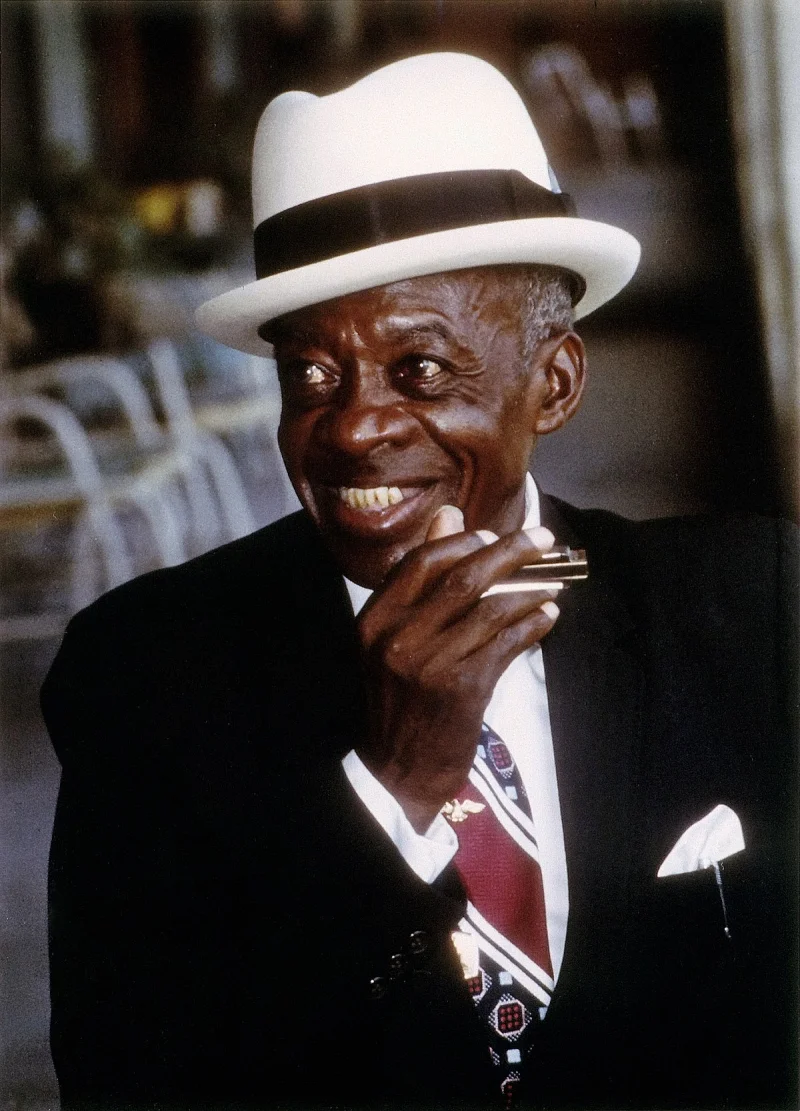Short Summary
Mali, officially the Republic of Mali, is a landlocked country in West Africa, known for its rich history and cultural heritage. It was once part of the great Mali Empire, one of the wealthiest and most powerful states in the medieval world. Today, Mali is famous for its unique music, cultural festivals, and historical sites, particularly in Timbuktu. The nation has a diverse population with various ethnic groups contributing to its vibrant cultural tapestry.
Early Life & Education
Mali's early history is deeply rooted in the empires that dominated West Africa, notably the Ghana Empire, followed by the Mali Empire. The Mali Empire, which rose to prominence in the 13th century, was famed for its wealth and scholarly contributions, particularly during the reign of Mansa Musa. The country's educational system in ancient times was centered around Islamic scholarship, with Timbuktu being a hub for learning and culture. Family structures in Mali have traditionally been communal, with extended families living together, sharing responsibilities, and passing down traditions and knowledge through generations.
Career Highlights
Mali's historical significance is largely tied to the Mali Empire, which at its height controlled vast territories and trade routes across West Africa. The empire was known for its promotion of trade, agriculture, and Islam, leaving a lasting impact on the region’s culture and economy. In modern times, Mali has made strides in cultural preservation and promotion, with its music scene gaining international recognition. The annual Festival in the Desert, which celebrates traditional Tuareg music and culture, is one of the key highlights showcasing Mali's rich cultural heritage.
Major Achievements
- The Mali Empire: Known for its wealth and cultural influence during the 13th and 14th centuries.
- Timbuktu: Established as a center of learning and culture in West Africa.
- Mansa Musa's Pilgrimage: His pilgrimage to Mecca in 1324 showcased the empire's wealth and influence.
- UNESCO World Heritage Sites: Several sites, including Timbuktu and Djenné, recognized for their historical significance.
- Musical Heritage: Mali is a cradle of African music, influencing genres like blues and jazz globally.
Famous Quotes
- "The wealth of Timbuktu is greater than the wealth of any other land." - Ancient Arab scholar
- "Mali is a country where the past and present meet." - Contemporary cultural observer
Interesting Facts
- Mansa Musa, ruler of the Mali Empire, is often regarded as one of the richest individuals in history.
- The Great Mosque of Djenné is the largest mud-brick building in the world.
- The music of Mali has influenced global music genres, including blues and jazz.
- Timbuktu was once a major center for Islamic learning and culture in the medieval world.
- Mali is known for its diverse ethnic groups, each contributing to the country's cultural mosaic.
Legacy / Influence
Mali's legacy is deeply embedded in its historical empires, particularly the Mali Empire, which set a precedent for wealth, learning, and culture in West Africa. The nation's cultural contributions, especially in music, continue to resonate globally. The preservation of historical sites and traditions remains a testament to Mali's enduring influence on African heritage and identity.
FAQ
Q: Why is Mali famous?
A: Mali is famous for its historical empires, rich cultural heritage, and significant contributions to music.
Q: What was the Mali Empire known for?
A: The Mali Empire was known for its wealth, trade, and promotion of Islamic scholarship.
Q: What is Timbuktu famous for?
A: Timbuktu is renowned as a historical center of Islamic learning and culture in Africa.
Q: Who was Mansa Musa?
A: Mansa Musa was a ruler of the Mali Empire, famed for his immense wealth and pilgrimage to Mecca.













